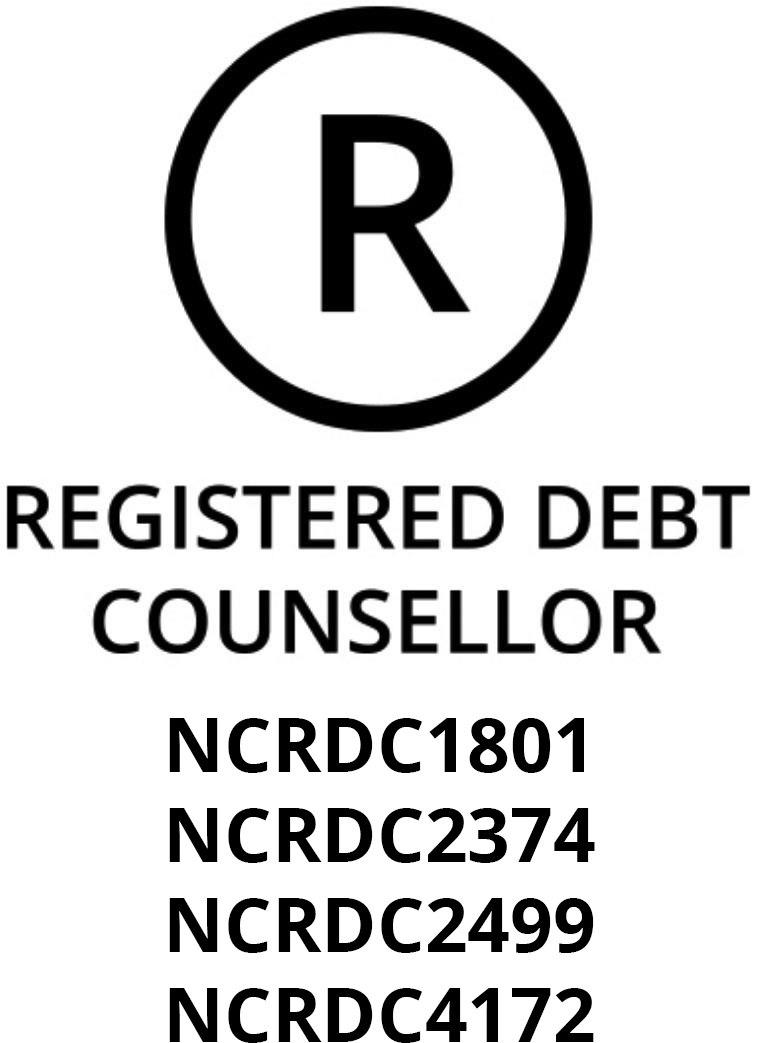In South Africa, prescribed debt is debt that’s too old for a creditor to legally collect — usually after three years of no payments, no legal action and no acknowledgement from you. These rules exist to protect you from unfair collection on outdated debts. Knowing how prescription works helps you safeguard your rights and avoid paying money you don’t legally owe.
Prescribed debt can be explained as old debt that has not been acknowledged over a period of three years.
In other words, if two parties (say, a consumer and a creditor) agree upon a sum of money to be lent and paid back, and neither party acknowledges this again within a three year period - then the sum no longer needs to be paid back. Essentially, when debt prescribes (or expires), it means the debt can no longer be claimed back by the creditor.
Of course, it is not as simple as that - there are quite a few rules and regulations regarding this occurrence. And, it does not happen all that often.
Debt is prescribed if it meets these requirements:
- You have not acknowledged the debt in the past three consecutive years, either in writing or verbally
- You have not made a payment promised to make a payment to the outstanding debt amount
- You have not been summoned to make a payment by a creditor for the debt within the past three consecutive years
How to check if my debt has been prescribed?
If you suspect you have prescribed debt then you should check your credit report.
On your credit report, you will find your open accounts and details related to these accounts. From there, you will be able to tell whether any of your debt meets the requirements of prescription.
Should you see open accounts that meet all the requirements of debt prescription on your report, then you should contact the relevant creditor provider to remove the information about that debt from your report.
What is an example of prescribed debt?
These are examples of debt which can become prescribed if the correct rules are followed:
- Retail accounts
- Credit card accounts
- Overdrafts
- Telkom accounts
- Personal Loans / Payday Loans
- Gym memberships
- Cellphone accounts
- Monies owed on vehicle finance
- Internet accounts
If you have owed money on any of the above types of accounts for over 3 years, and there is no evidence of it (i.e. no communications from you or the creditors about it) then the debt can be prescribed and the creditor will not be able to take action against you regarding those accounts.
Need debt counselling or consolidation?
Explore DebtBusters' solutions for reducing your interest rates and unlocking cash.
Find out moreNot all debt prescribes in three years. A 30 year prescription period relates to;
- A home loan
- Municipal accounts
- Monies owed to SARS
- Your TV Licence
Can prescribed debt be revived?
After debt has been prescribed, it cannot be revived. It is wrong for a debt collector or credit provider to demand payment many years after you have defaulted on the account.
If the debt has been dormant for three or more years, a debt collector cannot ask you to pay off your debt and it is against the law if they do. The National Credit Amendment Act, published 13 March 2015, prohibits the sale and collection of Prescribed Debt.
What if a debt collector is demanding I pay back the prescribed debt?
Unless the debt collector or credit provider can prove that your debt is not prescribed, they are not allowed to be in contact with you and should definitely not be harassing you.
It is advised that you put this in writing so that there is a record of it. If they persist, request the original loan agreement/contract, proof of default, the outstanding amount and interest accrued. This should stop the debt collector from harassing you.
What do debt collectors need to prove that debt is not prescribed?
The creditor or debt collector will need to collect and provide evidence proving their case. The must be able to show:
- The original agreement
- Proof of the default
- The outstanding balance
- Total interest and costs incurred
- Evidence that they have tried to contact you within the three-year prescribed period.
If they do not have all of these documents, then they will not be able to prove that your debt is not prescribed.
How do you get prescribed debt officially removed?
Having extra debt on your credit report/record can affect your credit score, and thus your finances in other areas too. As such, it would be a good idea to have prescribed debt removed from your report.
To do this, you will have to get in touch with the relevant credit provider directly and ask them to remove it from your profile. Once that is done, you will need to contact the credit bureaus to let them know about it. Examples of credit bureaus are Experian and TransUnion.
From there, the bureaus will investigate. If your case meets the necessary prescription criteria, then it will be removed from your profile immediately.
What to do if you are confused about your debt?
You can make arrangements with DebtBusters to help you pay back your debt.
Simply fill in the free call back form and a DebtBusters consultant will call you back. If you are not sure whether you have prescribed debt, DebtBusters will be able to help you find out.
Let us call you back
Fill out our form below to get a free call-back from one of our consultants to discuss your debt situation.
Jump to form




